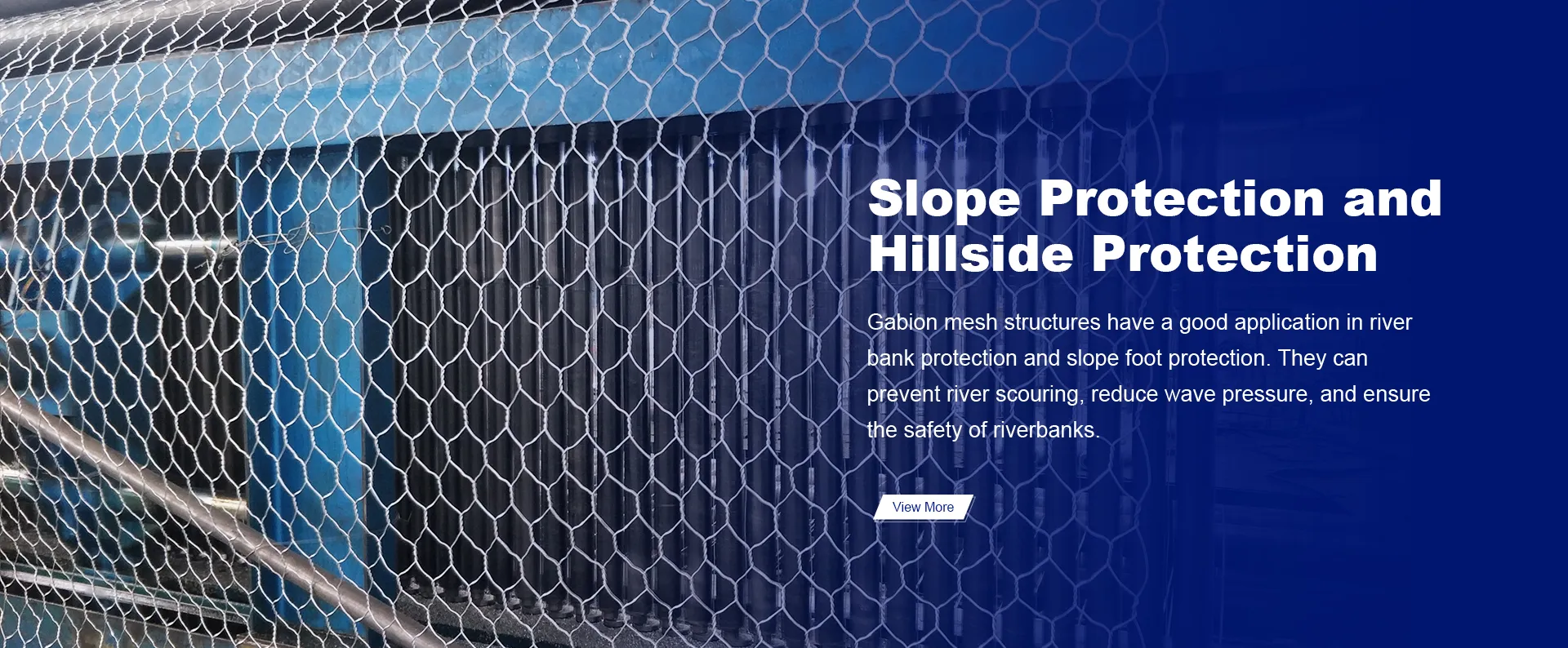-
 Phone:
Phone: -
 Email:
Email:

Exploring the Versatility and Applications of Bailing Wires in Various Industries and Crafts
Understanding Bailing Wires Importance, Types, and Applications
Bailing wires, commonly used in various industries, serve an essential role in facilitating the packaging and transportation of goods. These wires are primarily utilized to bind bales of material tightly, ensuring stability and security during handling. The significance of bailing wires spans across several sectors, including agriculture, recycling, and manufacturing, making them a vital component in the supply chain.
Bailing wires are typically made from high-strength steel or other durable materials designed to withstand considerable tension. They come in various diameters and can be coated with materials such as plastic to improve resistance to rust and corrosion. The choice of material and coating often depends on the specific requirements of the application. For instance, in agricultural settings, bailing wires are used to compress hay or straw into manageable bales, making it easier to transport and store these materials.
In the recycling industry, bailing wires play a crucial role in bundling recyclable materials such as paper, plastics, and metals. Effective bundling is essential for transportation to recycling facilities, as it maximizes the space efficiency of trucks and containers. The proper use of bailing wires ensures that these materials remain intact during transit, reducing the risk of contamination and loss of value. Furthermore, the use of wires helps in creating bales that can be easily handled, improving the efficiency of sorting and processing at recycling plants.
bailing wires

Manufacturers also rely on bailing wires for a variety of applications. They are frequently used in the production of wire products and can serve as a component in their own right within larger products. For example, bailing wires can be integral to the manufacturing of fencing materials, which require durable binding solutions to ensure long-lasting performance.
An often-overlooked aspect of bailing wires is their environmental impact. As sustainability becomes a more significant concern across industries, many manufacturers are focusing on producing bailing wires that are recyclable or made from recycled materials. This transition not only helps reduce waste but also promotes a circular economy, where materials are continually repurposed and reused. This shift reflects a broader commitment to sustainability in manufacturing processes, aligning with global trends toward greener practices.
While the main function of bailing wires is to secure bales, the technique of using these wires properly is crucial. Incorrectly tied wires can lead to loose bales, which can become hazards during transport. This issue emphasizes the importance of trained personnel in the proper usage of bailing wires, ensuring that they are tightly secured and capable of withstanding the rigors of transportation. Additionally, safety protocols should be implemented to prevent injuries associated with wire handling, as the sharp ends of bailing wires can pose a risk to workers.
In conclusion, bailing wires are an indispensable part of many industries, contributing significantly to the efficient handling, packaging, and transportation of various materials. Their versatility and adaptability to different applications make them an essential component in agriculture, recycling, and manufacturing. As industries continue to evolve with a focus on sustainability, bailing wires will likely play a pivotal role in advancing these objectives. By understanding the importance of bailing wires and utilizing them effectively, businesses can enhance operational efficiency while contributing to a more sustainable future.
-
Uncompromised Slope Safety with Advanced Rockfall Protection NettingNewsJun.09,2025
-
The Smart Choice of Chain Link FenceNewsJun.09,2025
-
Securing the Future with Time-Tested Barbed Wire ProtectionNewsJun.09,2025
-
Reliable and All-Season Fencing with Premium Hexagonal Wire MeshNewsJun.09,2025
-
High-Performance Binding Solutions with Premium Loop Tie WireNewsJun.09,2025
-
Durable, Flexible, and High-Performance Baling Wire for SaleNewsJun.09,2025
-
Unveiling the Versatility of Hexagonal Wire MeshNewsMay.21,2025








